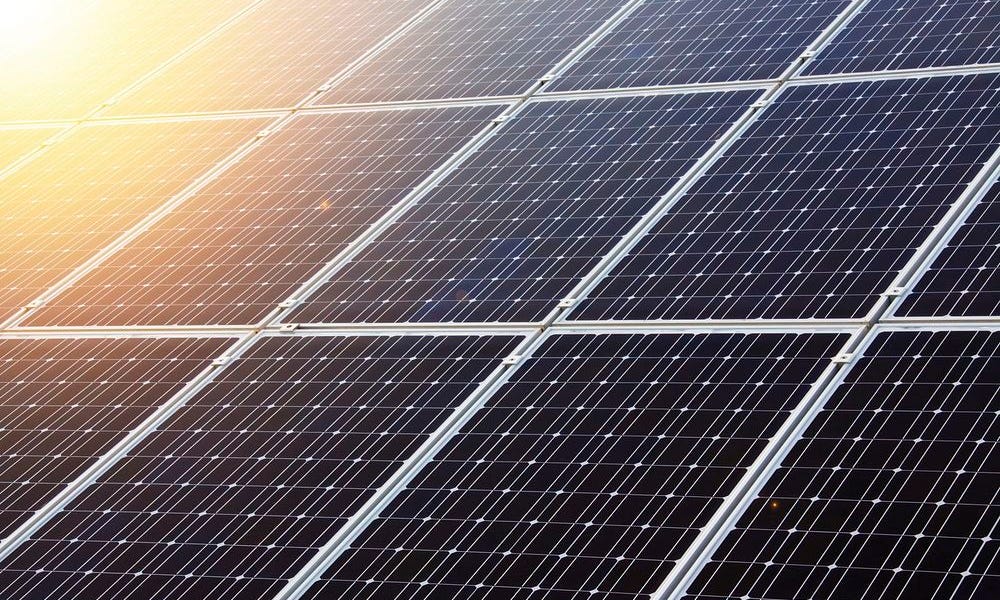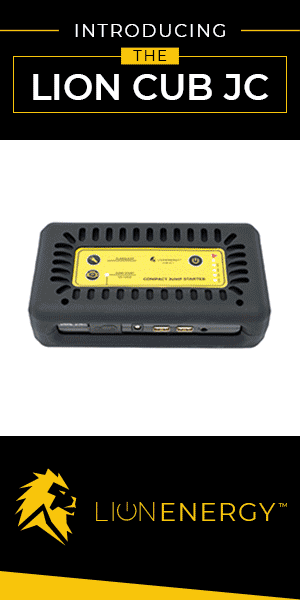Discover the potential of running a house entirely on solar power. Explore factors like panel capacity, energy storage, usage, location, and more.
Introduction
Imagine living in a house that runs solely on the power of the sun. It may sound like a futuristic concept, but with advancements in solar technology, it’s becoming more and more possible.
From powering your lights and appliances to heating or cooling your home, solar energy has the potential to transform the way we live.
In this article, we will explore the question: Can a house truly run 100% on solar power?
It’s time to discover the incredible potential of harnessing the sun’s energy for our everyday needs.
Factors to Consider
When considering switching to solar power for your home, there are several important factors to take into account.
These factors will impact the effectiveness and efficiency of your solar energy system, as well as the overall financial and environmental benefits.
In this comprehensive article, we will explore the key factors that you should consider when deciding whether a house can run 100% on solar.
By examining solar panel capacity, energy storage, energy usage, geographical location, grid-tied systems, off-grid systems, hybrid systems, installation and maintenance, and environmental impact, you will gain a thorough understanding of the possibilities and considerations involved in achieving a fully solar-powered home.
Solar Panel Capacity
The first factor to consider is the solar panel capacity.
Calculating your power generation needs is crucial in determining the number and size of solar panels required for your home.
To estimate your power consumption, you can analyze your monthly electricity bills and identify your average energy usage.
Additionally, considering the efficiency of solar panels and the orientation and tilt of their installation plays a significant role in maximizing their power generation capabilities.
Understanding these factors will help you determine the capacity of solar panels needed to meet your energy needs.

Energy Storage
Energy storage is another important factor to consider when aiming for a fully solar-powered home.
While solar panels generate electricity during the day, they are unable to produce power at night or during cloudy periods.
Therefore, having an efficient energy storage system is crucial to storing excess energy generated during the day for use during periods of low or no solar production.
This is accomplished through battery technology, which allows energy to be stored and then discharged when needed.
Choosing the appropriate battery capacity, understanding charging and discharging processes, and considering backup power options are all essential elements of a successful solar energy storage system.
Energy Usage
Understanding your household’s energy usage is vital in determining whether a house can run 100% on solar.
Calculating your energy consumption involves evaluating the power requirements of your appliances and devices.
By assessing the efficiency of each appliance and implementing energy-efficient measures, you can optimize your overall energy usage.
Additionally, adopting conservation practices such as turning off lights when not in use and utilizing natural lighting can help reduce energy consumption, making it more feasible to rely solely on solar power.

Geographical Location
Your geographical location also plays a significant role in the viability of a fully solar-powered home.
Solar irradiation, which refers to the amount of sunlight received in a particular location, varies based on geographic position and climate.
Researching the average solar irradiation levels in your area can give you an idea of the solar energy potential available to you.
Additionally, seasonal variations and weather conditions must be taken into account when evaluating the consistency of solar power generation throughout the year.
Shading from nearby structures or trees can also impact the effectiveness of solar panels, so it is important to consider any potential obstructions when planning the installation.
Grid-Tied Systems
One option for achieving a fully solar-powered home is through grid-tied systems.
These systems are connected to the utility grid and allow you to both consume electricity generated by your solar panels and sell any excess power back to the grid.
By taking advantage of net metering programs, you can effectively reduce your reliance on the utility company and potentially receive financial benefits by earning credits for the excess electricity you generate.
Grid-tied systems offer a seamless integration of solar power into your existing electrical setup and provide a reliable and cost-effective solution for running your home on solar energy.
Off-Grid Systems
Alternatively, you may choose to go completely off-grid, relying solely on solar power without any connection to the utility grid.
Off-grid systems offer complete self-sufficiency, making them an attractive option for those seeking independence from utility companies.
These systems typically include battery backups to store excess energy for use during periods of low solar production.
However, it is important to consider the isolation challenges that come with an off-grid system, such as the need for reliable maintenance and the limitations on the amount of power that can be stored.
Additionally, the initial investment for an off-grid system may be higher compared to grid-tied systems due to the need for more extensive equipment.
Hybrid Systems
A combination of both solar and grid power can be achieved through hybrid systems, providing the benefits of both approaches.
By maximizing efficiency through the use of both energy sources, hybrid systems offer increased reliability and flexibility.
These systems are capable of automatically switching between solar and grid power based on energy demands and availability.
Additionally, hybrid systems include battery backups, ensuring that you always have a reliable source of power during disruptions or outages.
Determining the optimal configuration for a hybrid system can be complex and may require professional assistance, but it provides a practical solution for those who want to strike a balance between sustainability and reliability.
Installation and Maintenance
When considering a solar energy system for your home, it is crucial to find a reputable installer who can ensure the proper installation and maintenance of your system.
Researching different installers, reading reviews, and comparing quotes will help you find a qualified professional who will deliver a high-quality system.
Understanding the warranties associated with your solar panels and other system components is also important to protect your investment.
Regular system monitoring and maintenance will ensure that your solar energy system continues to operate optimally and effectively provide energy for your home.
Additionally, planning for future upgrades and expansions will help you adapt to any changes in your energy needs.
Environmental Impact
One of the most significant benefits of solar energy is its positive impact on the environment.
By switching to solar power, you can reduce your carbon footprint, mitigate climate change, preserve natural resources, and promote sustainability.
Solar energy is a clean and renewable source of power, producing no greenhouse gas emissions or air pollutants during operation.
By harnessing the sun’s energy, you can contribute to a more sustainable future and help protect the planet for future generations.
Conclusion
Achieving a fully solar-powered home is a realistic possibility for many households.
By considering factors such as solar panel capacity, energy storage, energy usage, geographical location, grid-tied systems, off-grid systems, hybrid systems, installation and maintenance, and environmental impact, you can make an informed decision about switching to solar power.
Whether you choose to connect to the utility grid, go entirely off-grid, or opt for a hybrid system, solar energy provides an environmentally friendly and financially beneficial solution for powering your home.
Start your journey towards a sustainable future by exploring the possibilities of solar power for your home today.
Disclosure: As an Amazon Associate, I earn from qualifying purchases.


